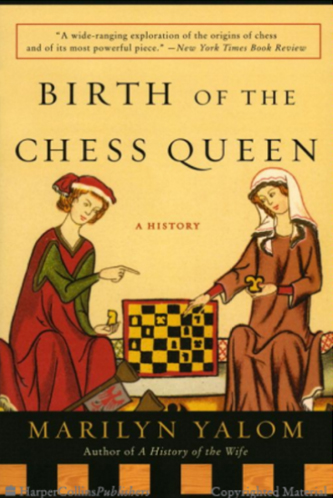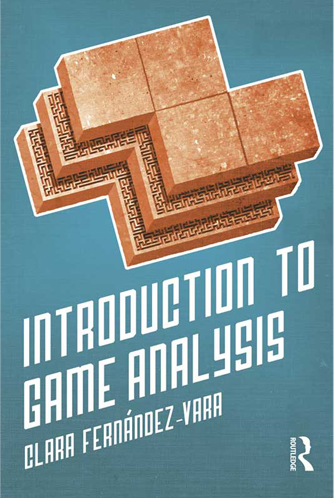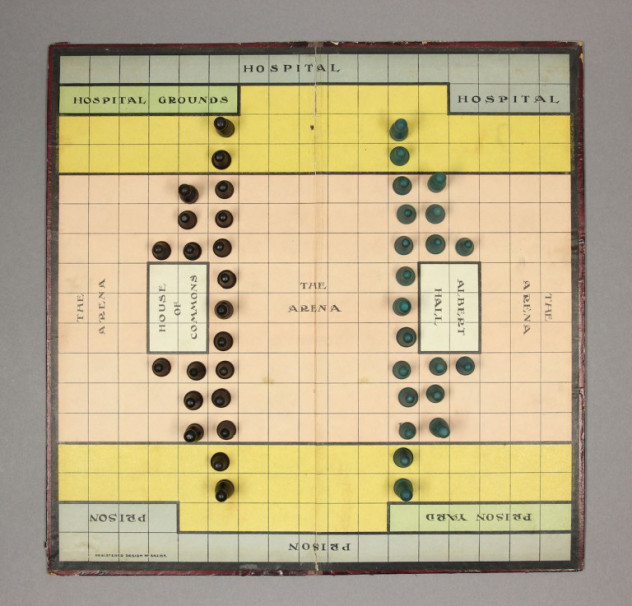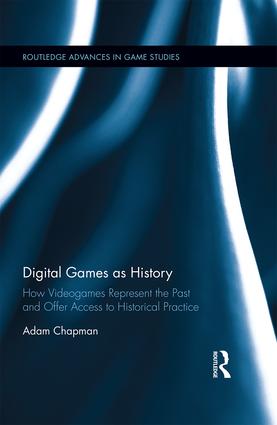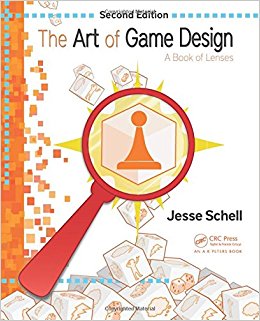
The Art of Game Design
“Good game design happens when you view your game from as many perspectives as possible. Written by one of the world’s top game designers, The Art of Game Design presents 100+ sets of questions, or different lenses, for viewing a game’s design, encompassing diverse fields such as psychology, architecture, music, visual design, film, software engineering, theme park design, mathematics, puzzle design, and anthropology.” – Publisher
